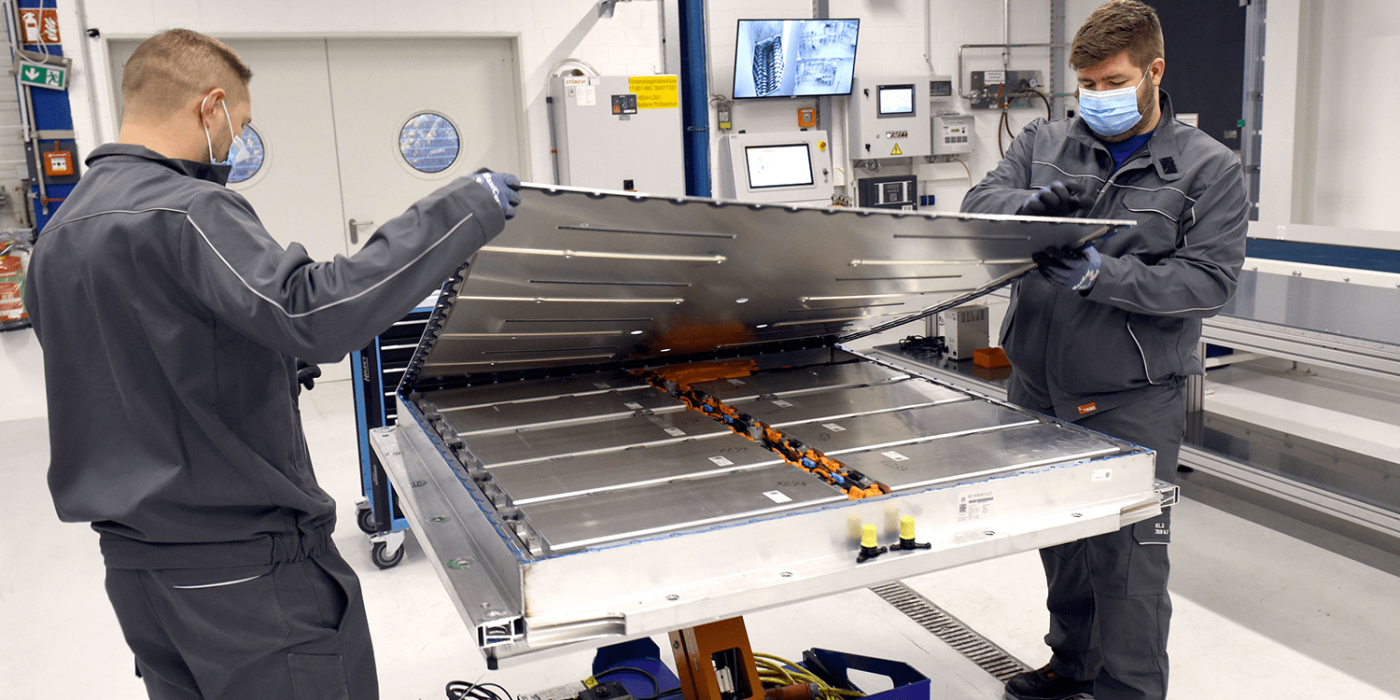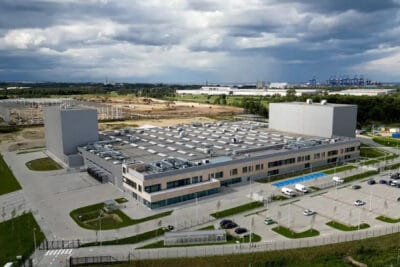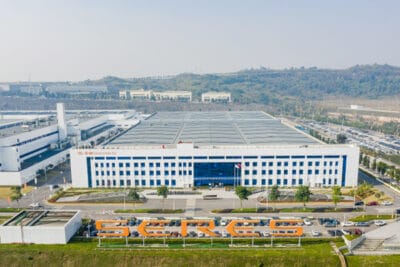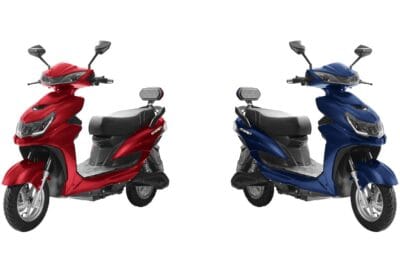VW signs battery deals with Umicore, 24M and Vulcan Energy
The Volkswagen Group has concluded three further strategic partnerships in the field of electric car batteries. The new partners are the materials technology group Umicore, the battery specialist 24M Technologies and the lithium supplier Vulcan Energy Resources.
According to Volkswagen, the partnerships are independent of each other but serve a common goal: “The industrialization of battery technology and the volume production of even more sustainable, cutting-edge batteries”, as the German company writes. All three partners are to contribute to Volkswagen’s planned in-house development and production of battery cells. As is well known, the company already cooperates in these areas with solid-state battery specialist QuantumScape, the Swedish company Northvolt and the Chinese manufacturer Gotion High-Tech.
The background to the growing circle of partners is the plan presented at Volkswagen’s ‘Power Day’ in spring to develop a “unit cell” and to build six battery cell factories in Europe by 2030. The way to get there is by “expanding know-how in battery technology, strengthening cost management and vertically integrating the battery value chain”, the Group announces.
Volkswagen is now planning to set up a joint venture with Umicore to supply Volkswagen’s future European cell factories with cathode material. So this is the vertical integration of the supply chain I just mentioned. The duo is aiming for production in 2025 with an initial capacity of 20 gigawatt hours to supply Volkswagen’s Salzgitter gigafactory (which is operated together with Gotion High-Tech). Thereafter, the capacity is to be gradually increased – to an annual production capacity of up to 160 GWh by the end of the decade. “This corresponds to the demand for the construction of around 2.2 million electric cars,” the carmaker specifies.
It is not yet known what the joint venture will be called or where it will be based. Nor is it known who will invest how much. However, Volkswagen emphasises the aspect that it wants to produce both precursor and cathode material in Europe with Umicore, that it aims to sustainably secure raw material capacities from responsible sources at competitive prices and that it envisages joint investments for the development of next-generation technologies. At a later stage, the partners also intend to include aspects of refining and recycling in the joint venture.
According to Umicore CEO Mathias Miedreich, the project is a “unique joint venture”. “In terms of technology, innovative strength and industrial know-how, we complement each other perfectly. We are thus creating a strong environment for the development of next-generation battery material technologies and securing a considerable lead in this fast-growing market.”
For the second partnership, Volkswagen is taking a stake in US battery start-up 24M Technologies, a spin-off from the Massachusetts Institute of Technology (MIT). The aim is to industrialise the 24M technology – a semi-solid process that is an improvement on the dry coating process – in the field of electric car batteries, according to the company’s headquarters.
The US company emerged from the battery manufacturer A123 in 2010. 24M already took a big step towards commercialising its semi-solid technology at the beginning of 2021: in January, a licensing agreement with the Norwegian company Freyr was announced. Volkswagen is now the next licensee – and specifies: “The target is to generate considerable cost optimization in future battery production, by reducing material usage and eliminating several steps from the conventional production process. For this purpose, a new Volkswagen-owned subsidiary will further develop and upscale the technology for automotive applications based on 24M IPs.”
The Wolfsburg-based company lists a reduction in production space of up to 40 per cent, significant savings in investment, more efficient product recycling and an improvement in the CO2 balance of battery production as “potential benefits” of the solid-state technology. The introduction of the process into large-scale production is planned for the second half of the decade, he said.
“Our relationship with Volkswagen significantly expands the 24M ecosystem,” expressed Naoki Ota, president and CEO of 24M. “Their investment, collaborative development and ability to scale globally will accelerate our manufacturing platform, thereby replacing the conventional manufacturing process and fast tracking electric vehicle adoption.”
The third new agreement is with Vulcan Energy Resources: Volkswagen has now signed a binding contract with the German-Australian lithium company to supply CO2-neutral lithium from the Upper Rhine area in Germany. The contract provides for the supply of lithium hydroxide over a period of five years starting in 2026. Similar deals have just been signed by Stellantis and Renault with Vulcan Energy. LG Energy Solution is also among the customers.
In contrast to the other two carmakers, Volkswagen does not provide any details on the quantity purchased (Stellantis: 16,200 and 19,800 tonnes per year from 2026, Renault: between 26,000 and 32,000 tonnes in total between 2026 and 2032). The Wolfsburg-based company merely states that the product “will help to secure Volkswagen’s requirements for future cell production under its own management in Germany and Europe”. Further aspects of a potential strategic partnership are currently being negotiated.”
“Through this agreement, Vulcan Energy will become a major enabler of Volkswagen’s world-leading target to produce carbon-neutral EVs, including all raw materials in the battery supply chain,” emphasised Francis Wedin, Managing Director of Vulcan Energy. “We look forward to working closely with Volkswagen Group to build sustainable, local lithium supply for the German and European automotive sector.”
Some of the new partners have their own cooperation agreements. For example, between Umicore and Vulcan Energy. Thomas Schmall, Member of the Board of Management of Volkswagen AG for the Technology Division and CEO of Volkswagen Group Components, says that Volkswagen’s unit cell has to be convincing in terms of performance, cost and sustainability from the outset. “With our new partners, we are one step closer to reaching this goal. Together, we will focus on key parts of the battery value chain and develop cutting-edge technologies.”
The first production site for the unit cell will be Salzgitter from 2025. There, as reported, Gotion High-Tech will slip into the role of Volkswagen production partner (instead of Northvolt). Northvolt, meanwhile, will build premium cells in Sweden whose cathodes have a high nickel content. The third battery cell factory will be built in Spain, a fourth possibly in the Czech Republic. In any case, efforts are growing there to locate one of the six planned battery cell gigafactories.
So far, the Wolfsburg company has been buying its cells mainly from Samsung’s South Korean competitors LG Energy Solution and SK Innovation. As the Reuters news agency reported a few days after the ‘Power Day’ in March, Volkswagen had informed the two companies a few days before the presentation of the unit cell that their current battery technology was largely excluded from the group’s future plans.
With reporting by Cora Werwitzke, France.





0 Comments